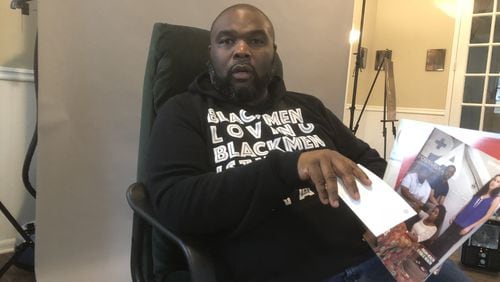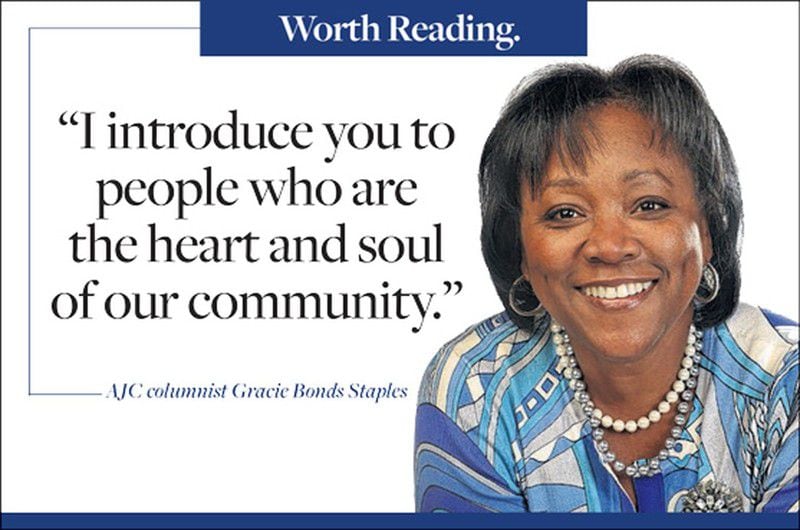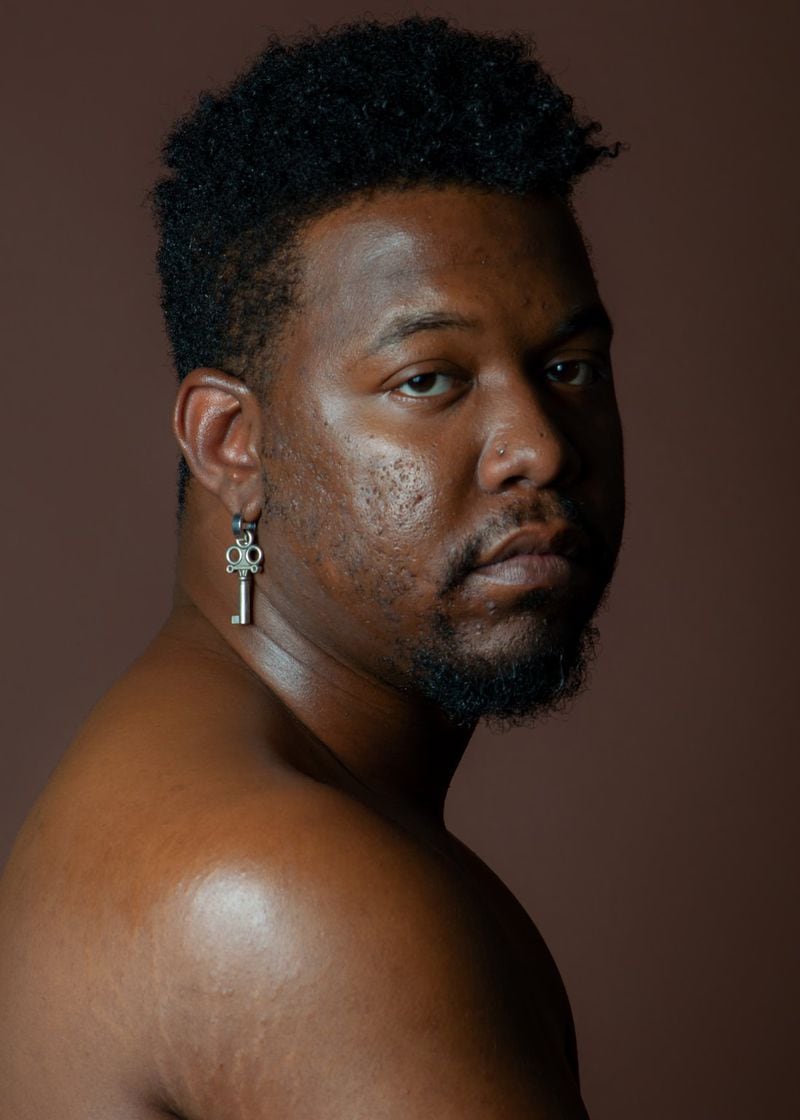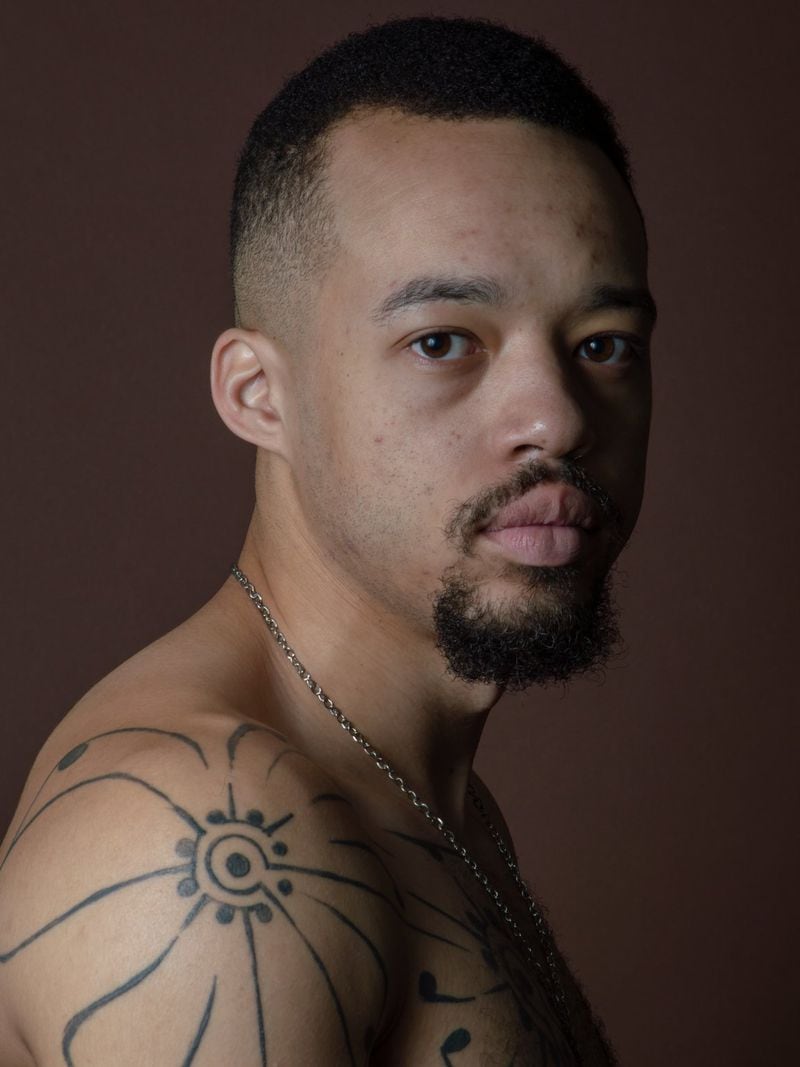Some of us live a lifetime having never gotten close to realizing our dreams, but Johnnie Ray Kornegay III told me recently he’s had the good fortune of living three.
The first one came to him in 1996 as he drove by a nondescript warehouse in his hometown of Chester, Pa.
A gentleman answered and Kornegay asked if the place was really a recording studio as he thought, and the man assured him that it was.
“Can I take a tour?” he asked.
The man said yes and proceeded to lead Kornegay through the studio.
If you're not doing anything later on, we're having a gospel music recording session. You should come back, the man suggested.
What happened next gives new meaning to what it means to follow your dream. Kornegay returned that evening and several evenings after that, and six months later, the studio owner offered him a job as a technician. Kornegay, of course, accepted.
For as long as he can remember, Kornegay wanted to be a music producer/performer. This, he said, was an abbreviated version of that.
RELATED: Who do you think is the good Samaritan in this tale?
It lasted four years and then in 2000, he walked out of that dream and, after graduating from Temple University, into a second, eventually rising to recruiter for Independence Blue Cross, which eventually led to a managerial position with Borders bookstore and then Home Depot here in Atlanta and closer, not just to his third dream, but what seems to have been his destiny.
I say that because, three days before World AIDS Day, I was with Kornegay in his Stone Mountain photography studio and it was very clear to me the man had discovered his true passion, which comes, of course, with accepting your true self.
Credit: The Atlanta Journal-Constitution
Credit: The Atlanta Journal-Constitution
I could see that in the way his eyes lit up as he talked about “Be the Flame” and his newest body of work, “NAKED,” a photo series of 25 black gay and bisexual men in the nude, about body image and self-love and about what had evolved into his third dream: telling the stories of black gay men.
Kornegay, if you haven’t guessed already, is also a black gay man, a revelation he hadn’t publicly proclaimed until in 2015 after he found himself adding his name to an online letter expressing love and devotion to Michael Johnson, a black gay man sentenced to prison for “knowingly” exposing or transmitting HIV to six male partners.
But let me back up.
In 2011, Kornegay said that he ended up one night on Edgewood Avenue, where he discovered an artist, Eric Nine, exhibiting his work “I’m a Beast.”
“I was so inspired by what he was doing. I kept coming down,” Kornegay said.
Every Tuesday from then on, he began posting art- and music-related missives on Facebook. The response was so positive, Kornegay decided to start a Facebook fan page.
RELATED: The silent epidemic: Black gay men and HIV
When he mentioned to an ex-boyfriend that he wanted to interview house music DJs about their craft, his friend suggested he also buy a camera, so he could have a video record of the conversations.
Kornegay hesitated at first but then went out and purchased a Nikon D3200 and in between interviewing people and working at Home Depot, started taking photographs. Months later, Kornegay founded Staticc Art and Life to "deliver beauty to the world," he said. His first break came when his Phi Beta Sigma Fraternity brother, who was launching a jewelry line, asked him to photograph his models.
“The photos were dope,” he said.
Kornegay, under the pseudonym Jay Ray, was making a name for himself, and soon after, other artists began seeking him out for consulting and management gigs. Clients included Curron Gajadhar, a local painter, the Brown Dance Project, writer Marcus Emel, and hit songwriter Kipper Jones, whom Kornegay still manages today.
In June 2015, Kornegay quit his job at Home Depot to follow his dream full time but quickly lost his footing. With no plan and no job to fund his dream, he was evicted from his apartment and his car was repossessed.
“For the first time in my life, I felt lost,” he said.
RELATED: Personal stories help counter negative images of black gay men
Late in 2014, Kornegay happened upon Charles Stephens and the Atlanta nonprofit Counter Narrative Project, which uses art as a movement building tool in the work it was doing. The project hired Kornegay, now director of mobilization, the following year as a consultant in charge of capturing video and images, where necessary, and stakeholder engagement.
Naturally, Kornegay’s dream to tell black gay men’s stories matched the Counter Narrative Project’s mission almost exactly. The only difference was he would use his Nikon and skills he learned over the years in corporate America to do it.
The way the stories of black gay men were told had always bothered Kornegay. If told at all, they were always in the context of HIV/AIDS.
“Our stories get filtered through this pathology of HIV acquisition and transmission,” he said. “While that’s important because of how HIV impacts our community, we are also living lives at the exact same time. My goal is not to only tell my story but tell our stories.”
That means showing black gay men first and foremost as human beings, who love and who have dreams.
Kornegay points to the photographs of men on the walls of his studio, some of whom are living with HIV and some who are not. He is not HIV-positive, but because he is gay, his story will be forever linked to those who are. And that’s OK, he said. Kornegay just wants to make sure it is reflective of the human story.
“In so many ways, Atlanta is the black gay mecca,” he said. “I want to see the beautiful faces I see every day reflected in the history and future of this amazing city.”
Find Gracie on Facebook (www.facebook.com/graciestaplesajc/) and Twitter (@GStaples_AJC) or email her at gstaples@ajc.com.










